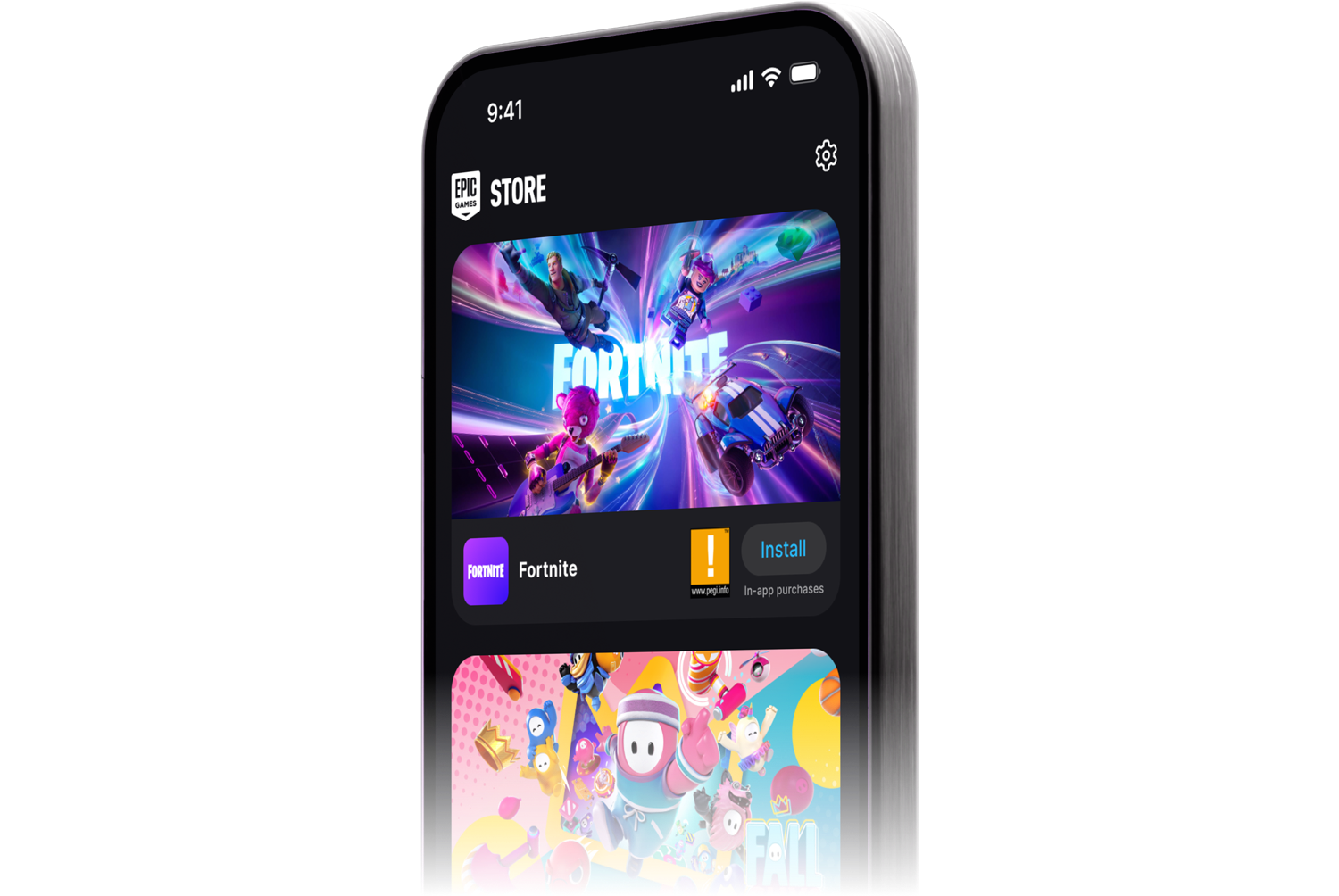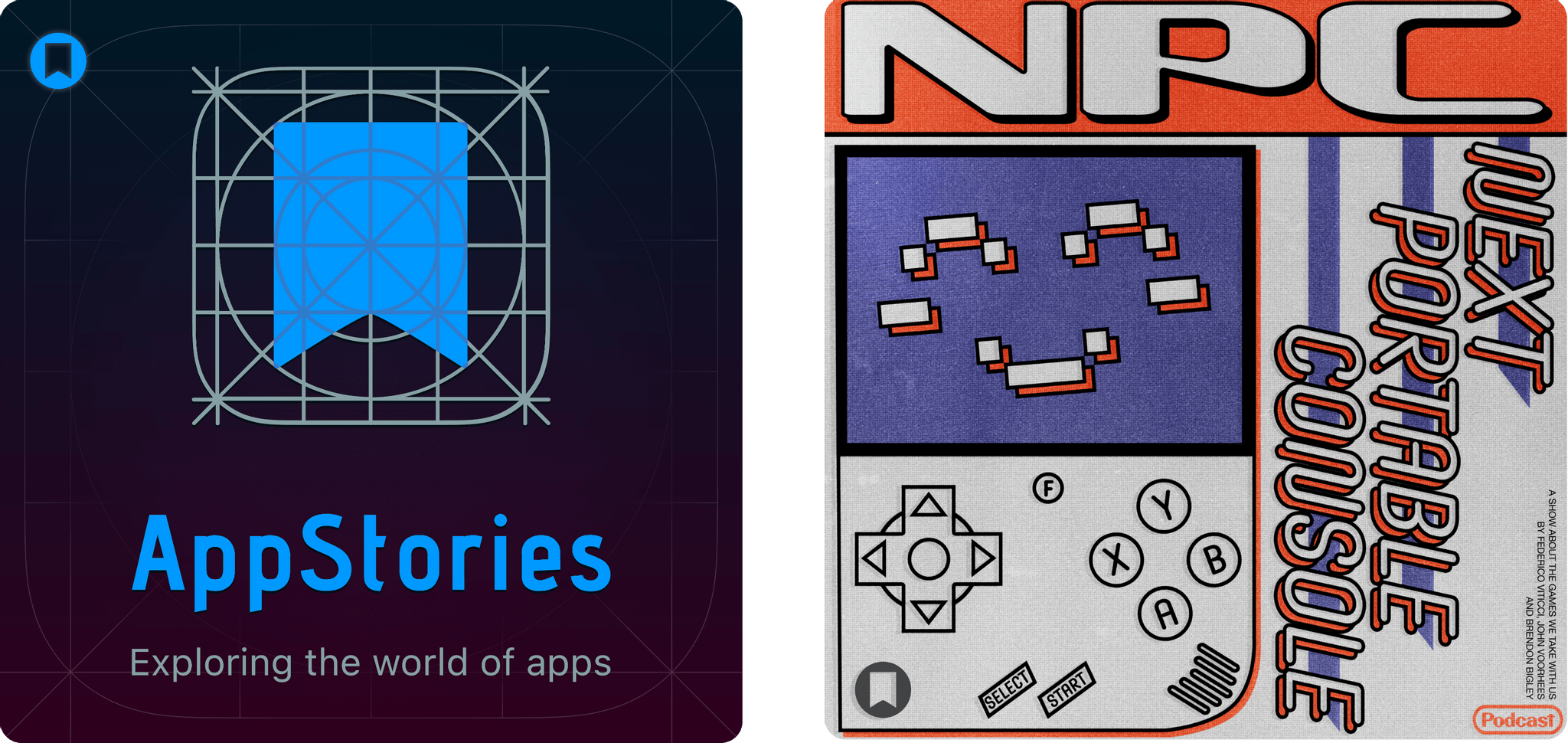Today on its website, Procreate announced that it would not build generative AI tools into its apps. The company’s position is clear and unequivocal:
Generative AI is ripping the humanity out of things. Built on a foundation of theft, the technology is steering us toward a barren future. We think machine learning is a compelling technology with a lot of merit, but the path generative AI is on is wrong for us.
We’re here for the humans. We’re not chasing a technology that is a moral threat to our greatest jewel: human creativity. In this technological rush, this might make us an exception or seem at risk of being left behind. But we see this road less travelled as the more exciting and fruitful one for our community.
In a short video on X.com, Procreate CEO James Cuda said:
I don’t like what’s happening to the industry, and I don’t like what it’s doing to artists.
I couldn’t agree more or be happier to see Procreate take a stand in defense of artists. Federico and I interviewed Cuda at WWDC, and although Cuda struck a diplomatic tone having just received an Apple Design Award for Procreate Dreams, it was clear to me then that we were unlikely to see generative AI in Procreate’s apps. For everyone who wasn’t in the room with Cuda that day, though, today’s statement should set their minds at ease. I hope we see more developers whose apps support creative fields take a similar stand.










.](https://cdn.macstories.net/untitled-1723677211874.png)
